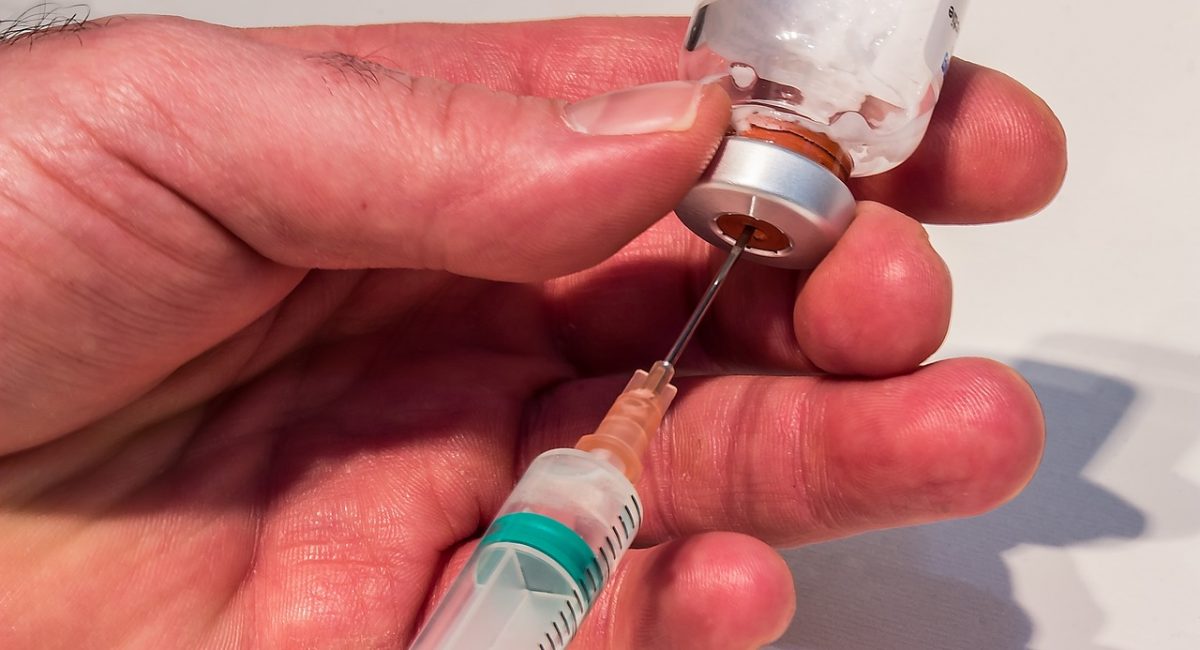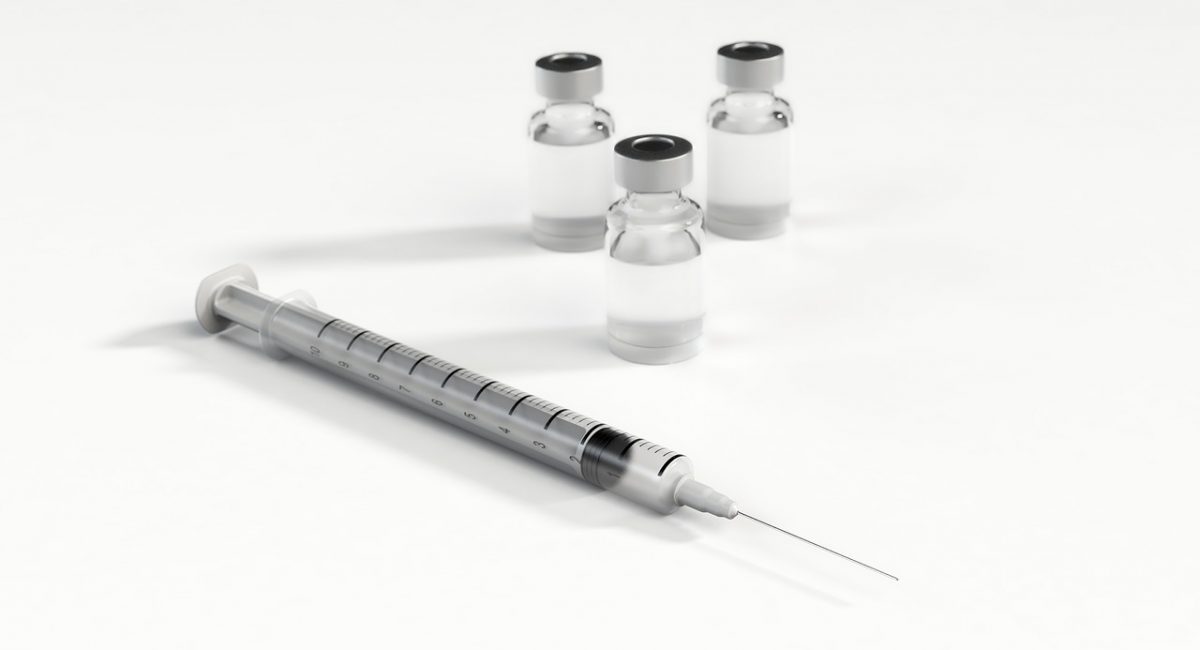Allergy Testing
What to expect and what you need to know.
Allergies play a huge role in the overall health and well-being of a person. It can lead to a great deal of discomfort in the nose, throat, head, and other parts of the body. When a person develops an allergy – the body’s immune system sees the allergen (what your are allergic to) as a foreign substance. Allergic reactions can range from mild to severe. Valley ENT has years of experience dealing with and treating allergic conditions. Allergy testing is usually ordered:
-When the diagnosis of allergies is uncertain.
-When you need to identify the offending allergens or triggers so you can avoid or control environment.
-When your allergy or asthma symptoms are not controlled when taking appropriate medications.
-When you are thinking about taking allergy shots (immunotherapy).
-When other ENT problems exist that might be related to allergies such as chronic sinusitis, nasal polyps, fluid in the middle ear, chronic ear infections, voice disturbances, asthma or enlarged adenoids.
-WHEN ALL YOUR SYMPTOMS AFFECT THE QUALITY OF YOUR LIFE!


There are 2 basic types of tests -each one having advantages and disadvantages. There is skin testing and blood testing. Skin testing involves placing the allergen (what you are possibly allergic to) just under the skin and then measuring the response to each allergen.
Some studies also show a greater sensitivity in picking up low level allergies compared to blood testing. The disadvantages are that certain medications, such as antihistamines, must be discontinued before testing as they can interfere with the validity or safety of the tests. There is also mild discomfort (such as itching) with the skin method. The advantage is that you will have the results of what you are allergic to that day. Your treatment can be determined that day.
Here at Valley ENT Allergy and Cosmetic Surgery the skin testing method is done. You will be given a pretest instruction sheet when the test is scheduled. It will tell you what medications to stop taking and when to stop taking them before the scheduled test. Not following the instructions can be a cause to cancel the test or it can give false results which may affect appropriate treatment.
